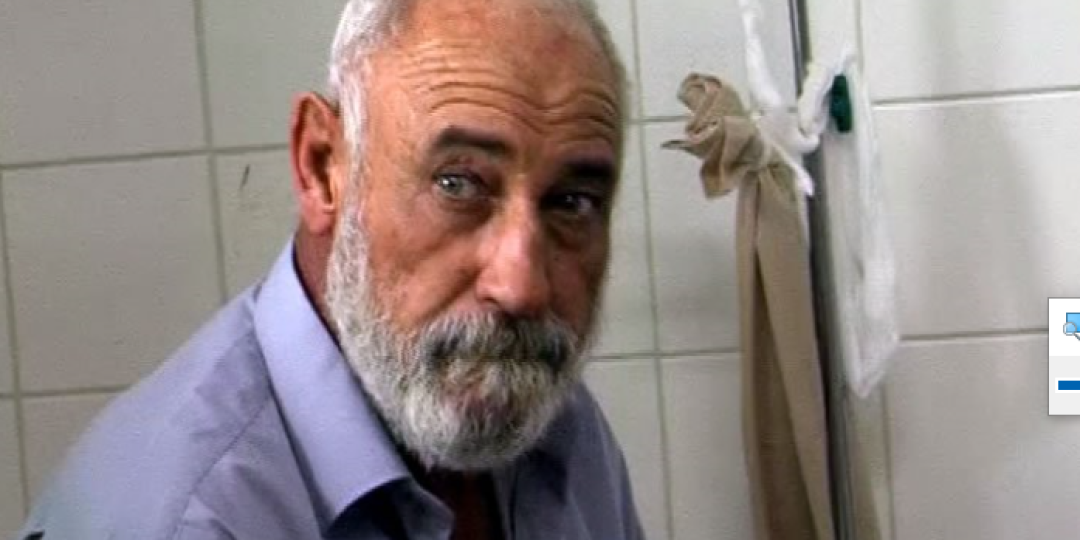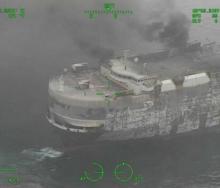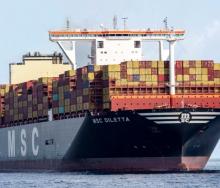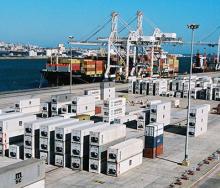In what seem to be further attempts to sully the name of Andre Hanekom, a South African logistics operator who built his own slipway in the bay of Palma, Mozambican authorities have now also connected him to Ugandan terror suspects.
Previously the “old sea dog”, as friends fondly described him, was claimed also to be connected to Jihadist militia in the south of Tanzania, infiltrators who regularly cross the border into north eastern Mozambique to attack installations and locals in the most gruesome manner imaginable.
And when Hanekom was shot and detained - despite being given bail in a Mozambican court - it was presumably because police had found machetes, a boating emergency flair and a crossbow and arrow on his property – all of it apparently ‘proof’ that he was supporting Islamic attempts to invade the province of Cabo Delgado.
And as if to add weight to the suspicion that a local citizen illegally detained in Mozambique was probably guilty of threatening the national security of his adopted country, the Department of International Relations and Corporation (Dirco) said South Africans should spread “peace and love”, to paraphrase minister Lindiwe Sisulu.
Subsequently, Dirco spokesperson Ndivhuwo Mabaya was at pains to explain the country’s lacklustre response to the treatment Hanekom was receiving, pointing out that he had been repeatedly arrested for insurrectionist infractions, accusations that have been proven wrong.
In the meantime Francis Hanekom, an experienced ICU nurse, maintains that her husband was poisoned and that he didn’t die from a stroke brought on by encephalitis ataxia as Mozambican officials claim.
Mozambican criminologist António Frangoulis has since also indicated if all “the antecedents related to his arrest and death” are considered, it looks like Hanekom was indeed conspired against and neutralised by forces interested in his property.
It so happens that his slipway, which he refused to sell, could prove very useful for access to Palma bay where extensive deposits of liquid natural gas have been earmarked for exploration.
In the meantime, following concerted efforts to have Hanekom’s remains brought to South Africa, the findings of an independent autopsy report appear imminent.
Interestingly, on top of the Mozambican’s findings that he died from “natural causes”, authorities in that country initially insisted that his body be cremated because he had apparently picked up a bacterial bug that should not be allowed to cross the border into South Africa.
For obvious reasons the South African destination of Hanekom’s remains is being kept secret.
A memorial service was held for him at Kaapse Hoop near Mbombela (Nelspruit) over the weekend.













